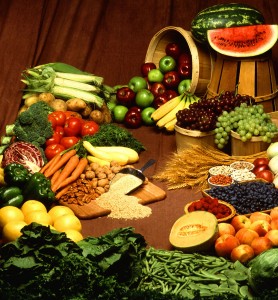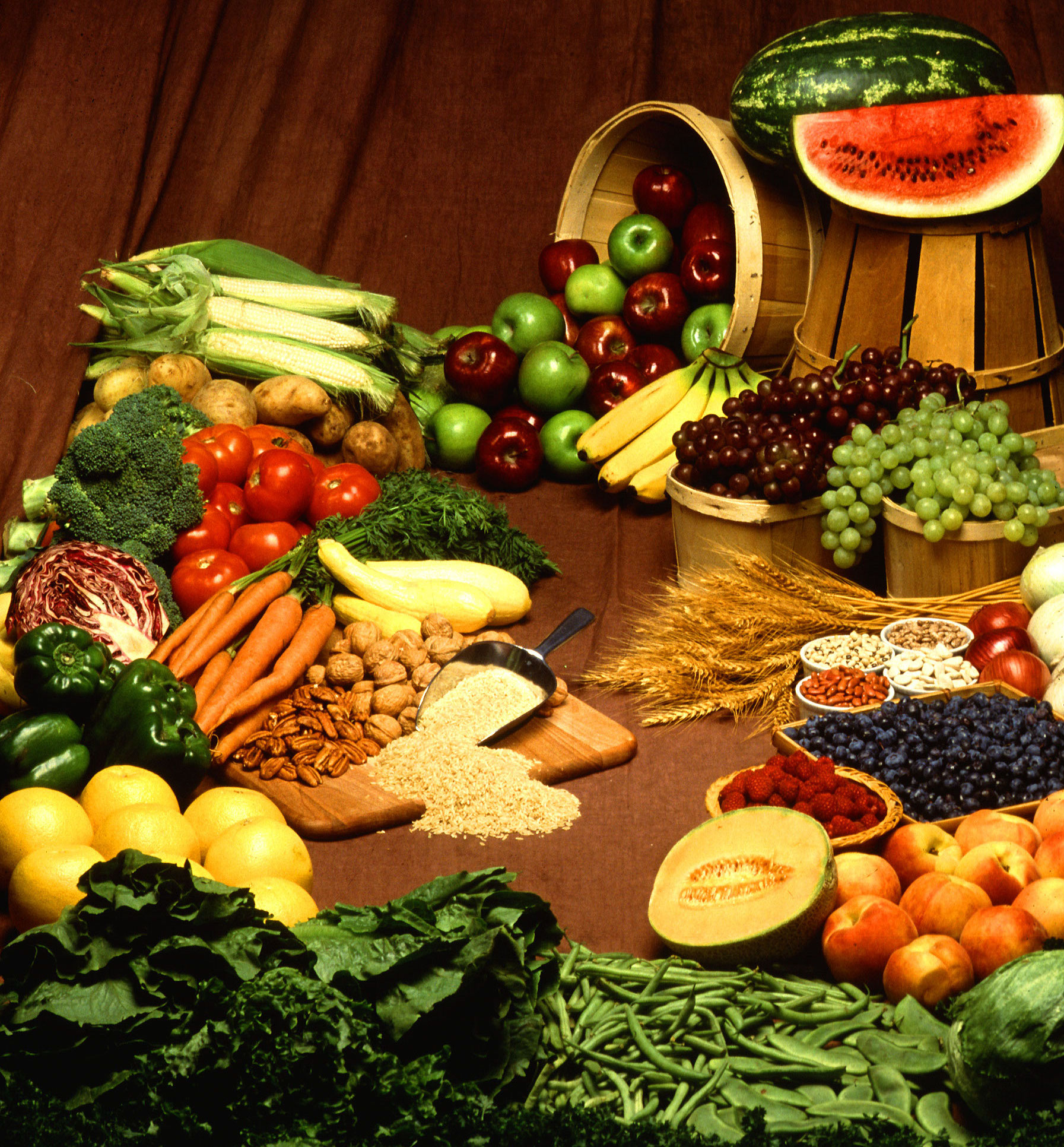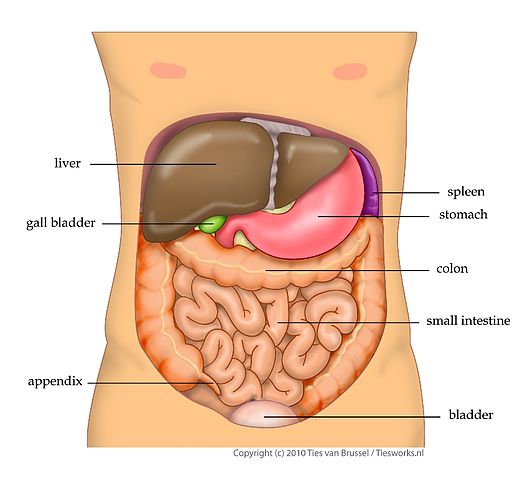With Crohn’s disease, the most common and annoying symptom is pain when eating. As food is necessa
Possible Irritants
Studies have shown that certain foods cause greater problems than others for patients with IBD, and Crohn’s specifically.
- Saturated fats, found in meat and dairy products. (It should be noted that certain fats, such as those found in oily fats, may be helpful.)
- Milk products. Some people with IBD are lactose intolerant (unable to digest the sugar lactose, found in milk products). Taking lactase tablets or specially prepared dairy products may help. (Many lactose-intolerant patients are still able to eat yogurt with active cultures, which may even be helpful for IBD.)
- Foods associated with inflammation (alcohol, simple sugars, and caffeine).
- Fruits may be protective, but patients should avoid dried fruits or high-sugar fruits, such as grapes, watermelon, or pineapple.
- Products containing corn or gluten (those made from wheat, oats, barley, or triticale).
- Common allergenic foods, such as soy, eggs, peanuts, tomatoes.
- Foods that may irritate the intestine, particularly so-called Brassica vegetables (cabbage, Brussels sprouts, broccoli, cauliflower, kale).
- Oxalate-rich Foods. Oxalate-rich foods may increase the risk for kidney stones, which is a common complication in IBD. Examples are beets, beet tops, black tea, chenopodium, chocolate, cocoa, dried figs, ground pepper, lamb quarters, lime peel, nuts, parsley, poppy seeds, purslane, rhubarb, sorrel, spinach, and Swiss chard.
Better Alternatives
Not all foods affect everyone the same way, so a bit of experimentation may be in order. Cutting out these foods and then introducing them one at a time for a week each time can give the patient a better idea of which foods work for them, and which work against them.
Most importantly, maintaining a safe body weight and the right nutritional levels are all part of staying healthy. Even during a flare-up it’s important to find things that can be eaten. Some recommended options are:
- Soft foods – think mashed potatoes, Jell-O, boiled chicken, and fruit smoothies
- Liquid nutritional supplements – Ensure ® is a good example, but there are lots of options available these days
- Rice foods – from rice breads to rice cereal, this is a good, healthy way to feed your body energy that doesn’t cause pain; look to health food stores for the best selection
In the end, every individual has to find the best options for him or herself. The best way to decide which foods are not appropriate is to introduce them one at a time over the course of several days. This will help determine which foods cause which reaction, and can make the difference when it comes time to eat during a painful flare-up.


